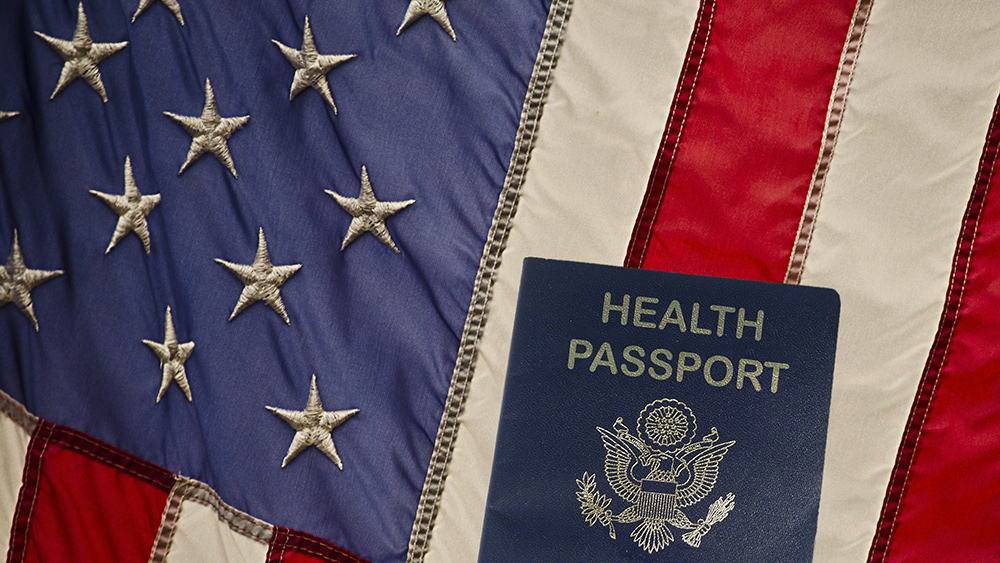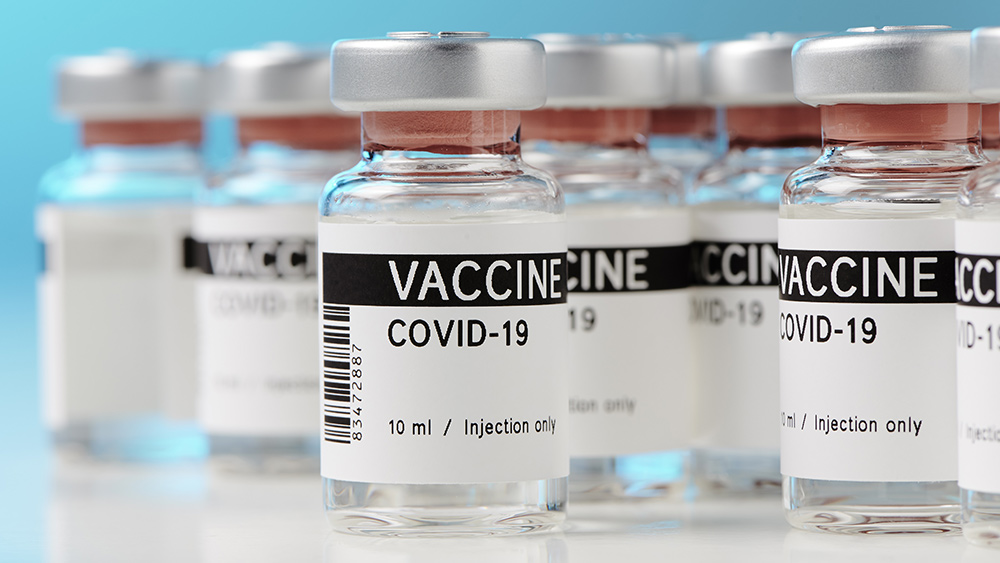Big Pharma to pay hundreds of millions in settlement with Native American tribes over opioid epidemic
05/07/2022 / By JD Heyes

Big Pharma Johnson & Johnson and three of the country’s biggest drug wholesalers have agreed to a $589 million settlement with hundreds of Native American tribes who accused the companies of contributing to their opioid crises.
According to The Epoch Times, the three big pharma distributors — Cardinal Health, AmerisourceBergen Corp., and McKesson Corp. — will pay out more than $439 million over the course of seven years, while Janssen-owned J&J has said it would pay $150 over two years.
The report noted that plaintiffs accused the big pharma firms of not honestly stating the risks of becoming addicted to opioids when it began marketing them years ago. Also, the tribes accused the distributors of allowing highly addictive painkillers to be diverted to illegal channels, court filings noted.
Represented by the Tribal Leadership Community, the Native American tribes said in their court filings that their individual governments have spent “considerable tribal funds to cover the costs of the opioid crisis” that included expenses for “health care, social services, child welfare, law enforcement, and other government services,” all of which have imposed “severe financial burdens” on plaintiffs.
“We’re not solving the opioid crisis with the settlement, but we are getting critical resources to tribal communities to address the crisis,” said Steven Skikos, a lawyer for the tribes, in a Zoom-like court hearing, according to Reuters’ report.
The Epoch Times reported further:
This follows a 2019 lawsuit in which the drug distributors agreed to pay $75 million to resolve similar claims made by Cherokee Nation, one of the largest Cherokee tribes recognized by the federal government.
A 2016 report released by the National Congress of American Indians found that American Indians suffered the highest rate (8.4 overdose deaths per 100,000 people) of opioid overdoses, followed by whites (7.9 overdose deaths per 100,000 people).
According to the outlet and court filings, all 574 Native tribes recognized by the federal government will get a share of the settlement money even if they have not filed legal action, Tara Sutton, another lawyer for the tribes, noted in a statement to The Wall Street Journal.
The tribal settlements come on the heels of a $26 billion settlement with 44 states proposed by J&J and the three drug distributors to resolve literally thousands of similar lawsuits, all of which have accused all four of the companies of enabling and then worsening the opioid epidemic, which has killed tens of thousands of Americans via overdose.
“Native Americans have endured disproportionately high opioid-related overdose deaths, by many metrics,” The New York Times reported.
“In 2016, for example, Oglala Lakota County in South Dakota, home to the Oglala Lakota tribe, had an opioid-related death rate of 21 people per 100,000, more than twice the state average. According to one study, pregnant American Indian women were as much as 8.7 times more likely than pregnant women from other demographic groups to be diagnosed with opioid dependency or abuse,” the paper continued.
Tribal leaders and officials said that any settlement money received will go towards combatting the epidemic.
“My tribe has already committed to use any proceeds to confront the opioid crisis,” said the chairman of the Sault Ste. Marie tribe of Chippewa in Michigan, on behalf of all 45,000 members.
“The impact of the opioid epidemic is pervasive, such that tribes need all the resources we can secure to make our tribal communities whole once again,” he added.
The Times reported that tribes did not get a seat at the table when it came to settlement money from Big Tobacco, but U.S. District Judge Dan Aaron Polster, who is presiding over the thousands of merged opioid cases in Cleveland, ruled that they can bring their own legal action separate from states.
Sources include:
Submit a correction >>
Tagged Under:
addiction, Big Pharma, crisis, deaths, epidemic, Johnson & Johnson, Native Americans, Native tribes, Opioid, opioid crisis, Opioids, Prescription drugs, settlement
This article may contain statements that reflect the opinion of the author





















